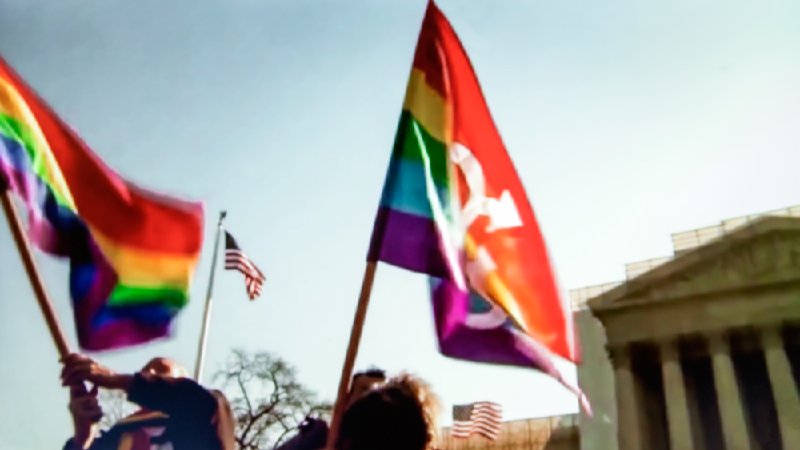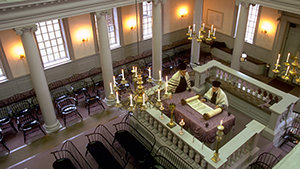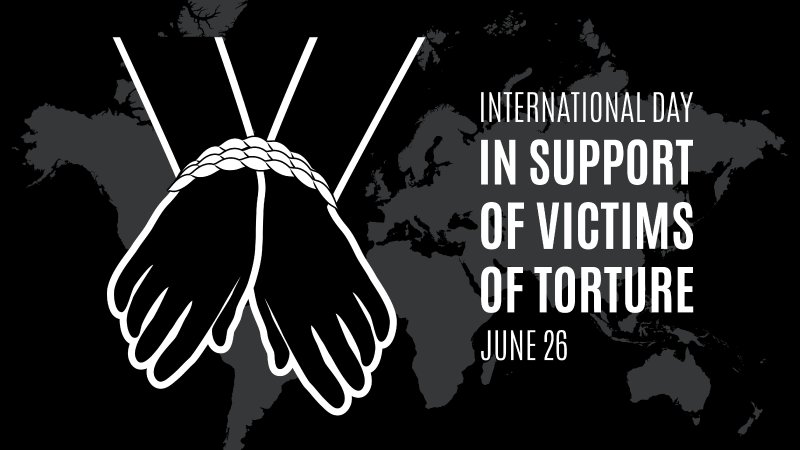
-
HOME
-
WHAT IS STANDOur Mission Our Values Our Help Contact
-
WHAT WE FIGHT FORReligious Freedom Religious Literacy Equality & Human Rights Inclusion & Respect Free Speech Responsible Journalism Corporate Accountability
-
RESOURCESExpert Studies Landmark Decisions White Papers FAQs David Miscavige Religious Freedom Resource Center Freedom of Religion & Human Rights Topic Index Priest-Penitent Privilege Islamophobia
-
HATE MONITORBiased Media Propagandists Hatemongers False Experts Hate Monitor Blog
-
NEWSROOMNews Media Watch Videos Blog
-
TAKE ACTIONCombat Hate & Discrimination Champion Freedom of Religion Demand Accountability
Why Religious Freedom and Equality Aren’t Mutually Exclusive
The Justice Department has waded into a Supreme Court case involving a Colorado baker who refused to create a wedding cake to celebrate a gay marriage. On September 7, it filed a supporting brief in favor of the baker. A spokesman described the brief as defending “the freedom not to create expression for ceremonies that violate one’s religious beliefs.”
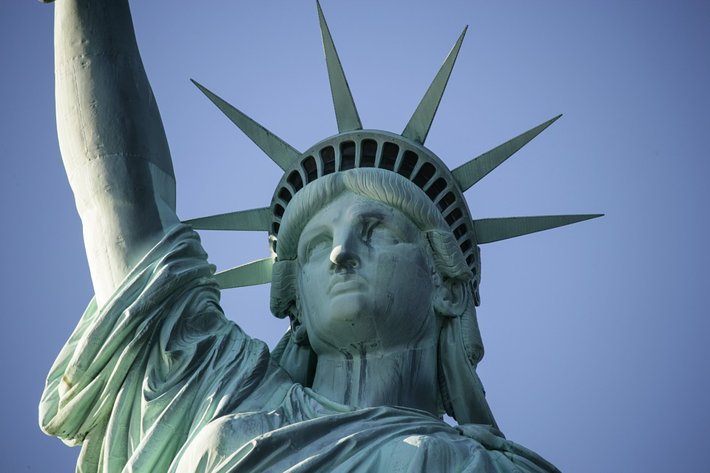
Is there a better solution than a zero-sum game with an elated winner and an embittered loser?
There have been a lot of reactions, just as there have been to the case itself, which were almost uniformly favorable from conservatives and negative from liberals. California Senator Kamala Harris tweeted: “Shame on the Justice Department for siding with discrimination. It has no place in our society,” which generated a flurry of criticism from conservatives, one of whom accused her of failing to understand “the Constitution, and the concept of liberty and freedom.” An ACLU spokesperson accused the Trump Administration of advocating “nothing short of a constitutional right to discriminate."
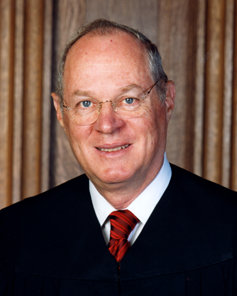
The Supreme Court will rule in a few months. The deciding vote will probably be that of Justice Anthony Kennedy who wrote the majority opinion in Obergefell v. Hodges, the 2015 decision that legalized gay marriage. His opinion showed that he was well aware that there would continue to be considerable disagreement, and suggested that there be “an open and searching debate” on the subject. Unfortunately, what has transpired seems more like competing monologues than thoughtful debate.
It’s easy to predict that, when the case is decided, the winning side will praise the justices for upholding the Constitution and fundamental human rights while the other will sound the alarm about what is clearly an ominous threat to fundamental freedoms.
Compromise solutions have been offered from a number of sources but so far have gotten minimal traction.
Some have said that gay marriage and its ramifications, such as the role of wedding cake makers, florists (a similar case involving a Christian florist is also pending in the courts) and the like, represent a collision course between two basic rights that are part of our constitutional system: freedom of religion and equality for all.
Is there a better solution than a zero-sum game with an elated winner and an embittered loser?
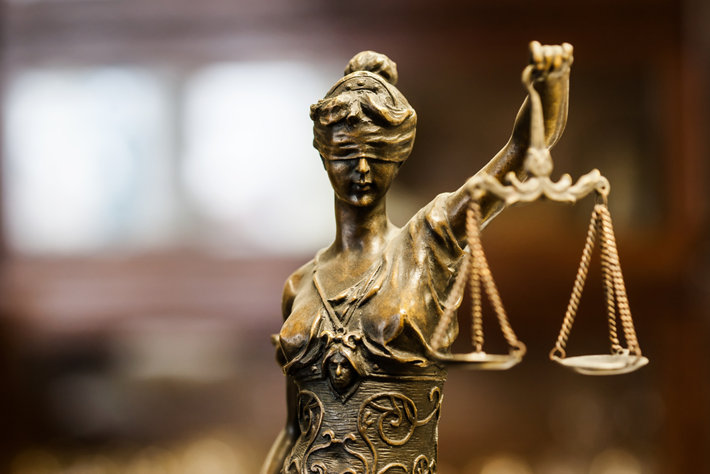
Well, I am writing this blog post for a site that is dedicated to both religious freedom and non-discrimination so it would seem that there must be at least some compatibility between the two. Further, as a Scientologist, I believe that living beings can communicate with and understand each other and also that the human spirit can ultimately rise above and resolve any problem. I have also worked for a law firm that, over the years, successfully represented gay couples and conservative Christians. So I speak from experience when I say that it is possible for mutual tolerance to prevail.
It won’t necessarily be easy. But it would be easier if people on both sides started by adopting the opposing view and seeing how it feels—understanding the other guy’s perspective.
Isn’t that the basis of tolerance?






